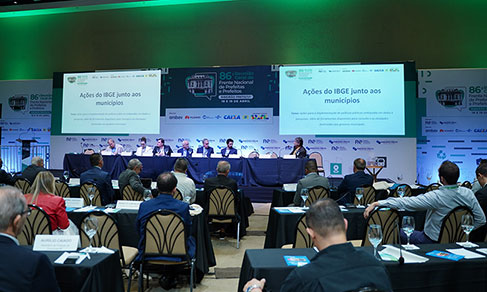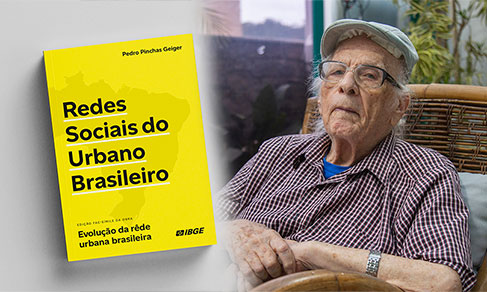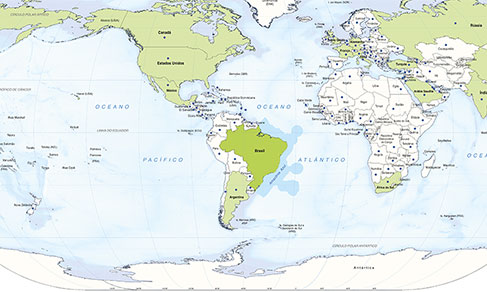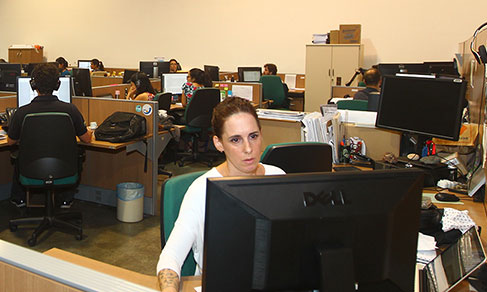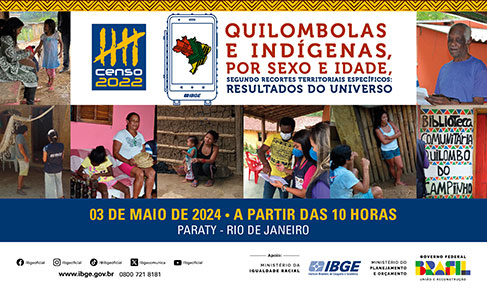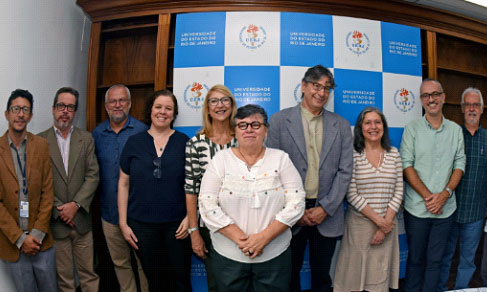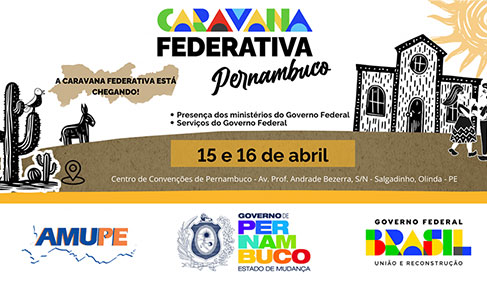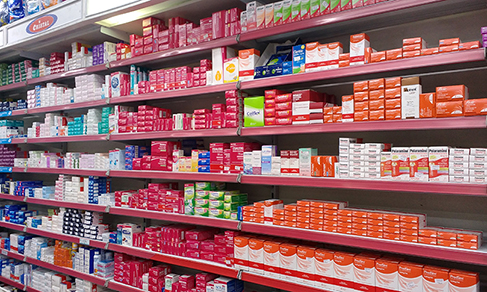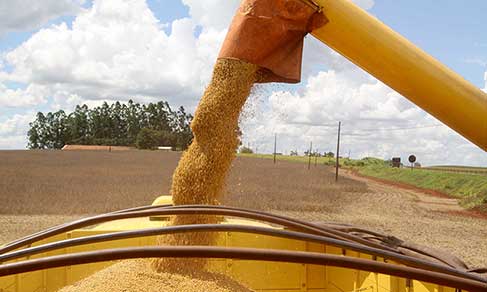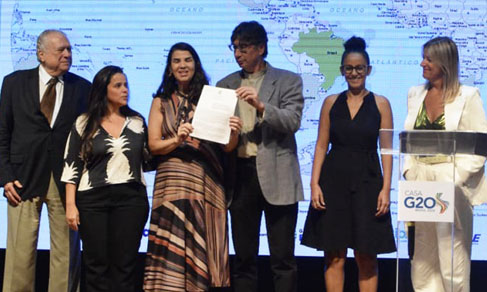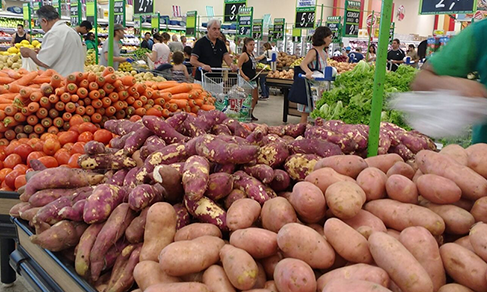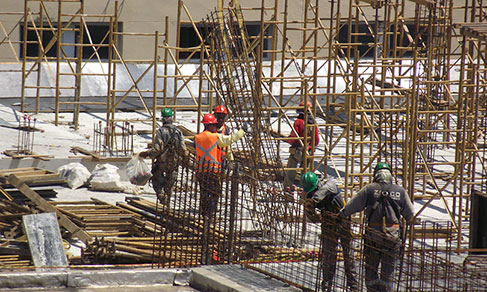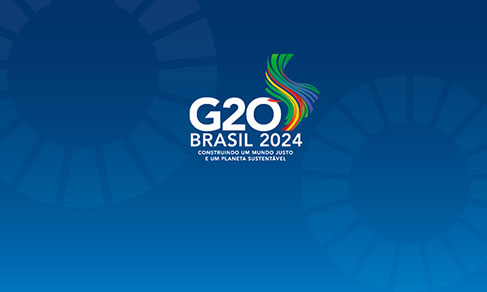IPCA
Inflation reaches 0.86% in October, the highest increase for the month since 2002
November 06, 2020 09h00 AM | Last Updated: November 06, 2020 11h00 AM
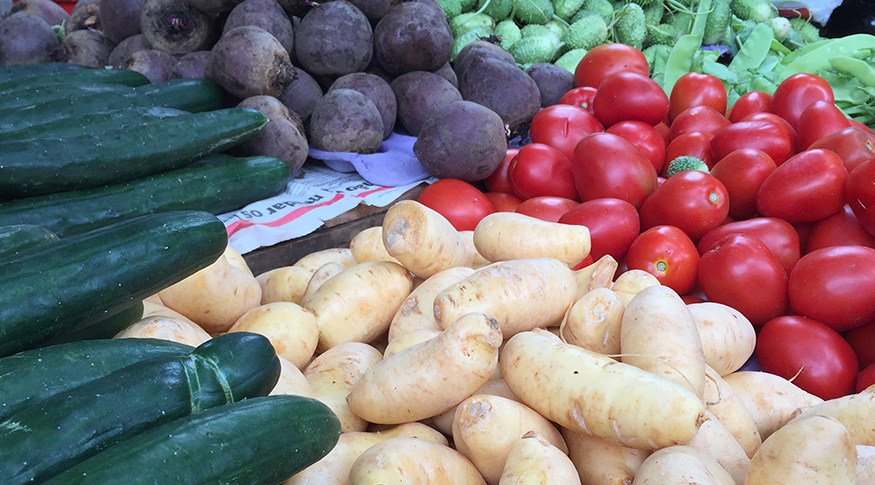
The price rise in food and airfare put October inflation under pressure, accelerating it to 0.86%, above the rate registered in September (0.64%). This is the highest result for a October since 2002, when the indicator was 1.31%. The data are from the Extended National Consumer Price Index (IPCA), released today (6), by the IBGE.
In the year, inflation accumulated an increase of 2.22% and, in 12 months, of 3.92%, above the 3.14% observed in the preceding 12 months. In October 2019, the indicator had been 0.10%.
Of the nine groups of products and services surveyed, eight increased in October. The biggest change (1.93%) and the biggest impact (0.39 p.p.) came, once again, from food and beverages, which decelerated in relation to the result of September (2.28%). This was due to the less intense increases in some food items, such as rice (13.36%) and soybean oil (17.44%), which in the previous month had been 17.98% and 27.54%, respectively.
On the other hand, the increase in tomato prices (18.69%) was greater than in September (11.72%). Other items, such as fruits (2.59%) and potatoes (17.01%), also registered positive changes in October, after price dropd in the previous month. Beef rose 4.25%. On the other hand, the highlights were onions (-12.57%), carrots (-6.36%) and garlic (-2.65%).
“All these items have contributed to the sustained rise in food prices, which were by far the biggest impact on the month's index,” says the survey manager, Pedro Kislanov.
The second biggest impact (0.24 pp) on inflation came from transportation (1.19%), mainly airfare (39.83%), which contributed with 0.12 pp, exerting the greatest individual impact on the general index. There was an increase in airfare prices in all surveyed areas, ranging from 21.66% in Porto Alegre to 49.71% in Curitiba.
“The increase in airfare seems to be related to demand, since with the relaxation of social distancing some people are flying again, which impacts the pricing policy of airlines,” explains Pedro Kislanov, emphasizing that airfare prices were collected in August for anyone traveling in October.
The second largest contribution to transportation (0.04 p.p.) was gasoline, whose prices rose 0.85%, decelerating in relation to the 1.95% increase observed in the previous month.
Among the groups, Mr. Kislanov points out that the second largest change came from household articles (1.53%), with the rise in the prices of electronics and computer products, influenced by the dollar. Another highlight was wearing apparel (1.11%), which accelerated in comparison with the previous month (0.37%). The others were between the 0.04% drop in education and the 0.36% rise in housing.
The rise in prices was widespread in all 16 areas surveyed by the IBGE. The highest result was the municipality of Rio Branco (1.37%), due to beef (9.24%) and rice (15.44%). The lowest index was in the metropolitan area of Salvador (0.45%), influenced by the drop in gasoline prices (-2.32%).
INPC advances 0.89%, the biggest index in 10 years
The National Consumer Price Index (INPC) increased by 0.89% in October. This is the highest result for a month in October since 2010, when the INPC was 0.92%. In September, the indicator was 0.87%. In the year, the index accumulated an increase of 2.95% and, in the last 12 months, of 4.77%. In October 2019, the rate was 0.04%.
Pedro Kislanov highlights that the INPC was, again, above the IPCA (0.86%), but with a smaller difference than in the previous month. In September, the INPC increased 0.87%, while the IPCA rose 0.64%. The approximation of the two indicators in October can be attributable to food and airfare.
“The IPCA got closer to the INPC because food prices are still on the rise, but also because of airfare, which pushed the IPCA up in October. The weight of airline tickets is greater in the IPCA. Food, on the other hand, weighs more at the INPC”, he says, adding that, in October, the price of food products rose 2.11% at the INPC, less than in the previous month (2.63%).
The INPC is calculated based on families earning between one and five minimum wages, with a salaried head, in ten metropolitan areas of the country, in addition to the municipalities of Goiânia, Campo Grande, Rio Branco, São Luís, Aracaju and Brasília. The IPCA covers families earning up to 40 minimum wages, whatever the source.


